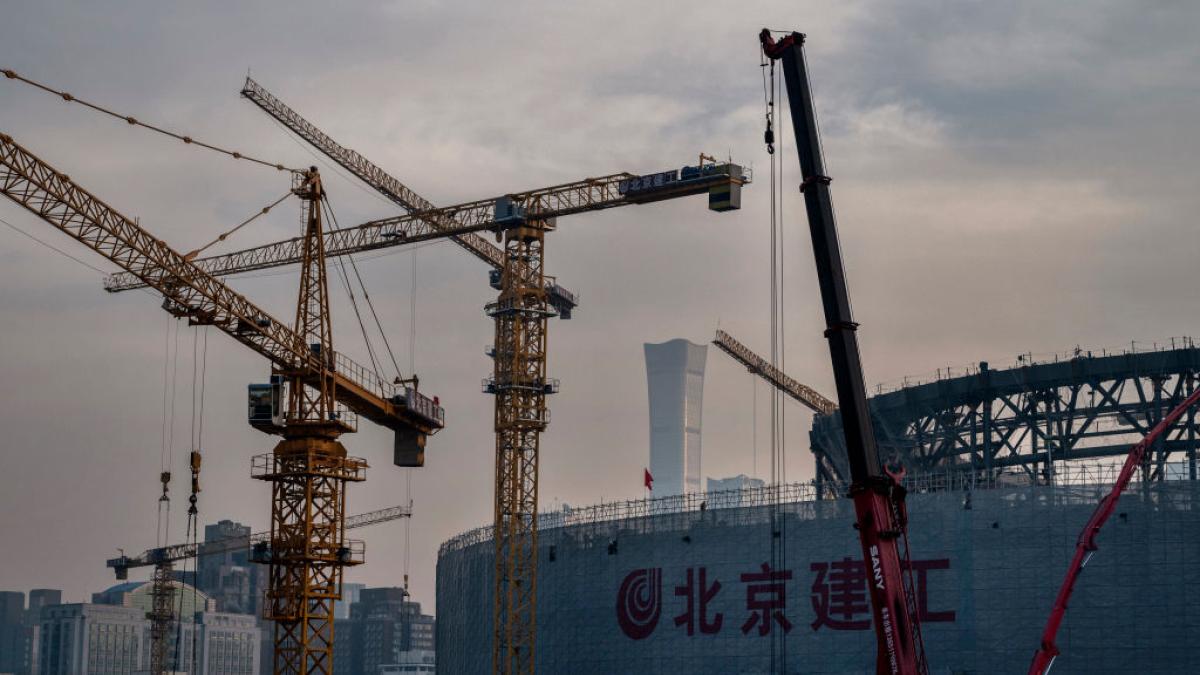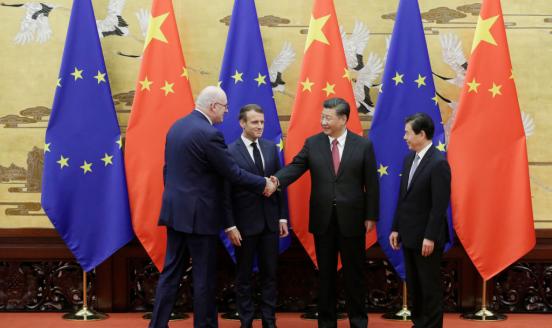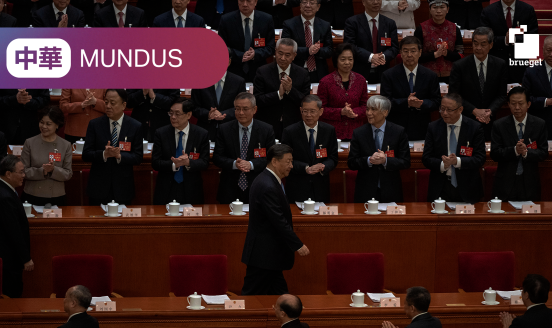China’s quest for innovation: progress and bottlenecks
We identify three potential bottlenecks that might be hindering the translation of China’s innovation efforts into productivity growth.

Executive summary
As the Chinese economy continues to decelerate, the central government is investing heavily in innovation, doubling down on research and development (R&D) spending and STEM-oriented human capital. In this paper, we assess China’s progress so far, looking at the inputs to innovation (R&D and human capital) as well as intermediate targets, such as scientific research and patents. We then evaluate how China has fared with respect to the ultimate goal of commercialising this progress, by looking at the value-added of Chinese exports and the overall productivity of the economy. We identify three potential bottlenecks that might be hindering the translation of China’s innovation efforts into productivity growth.
This is an output of China Horizons, Bruegel's contribution in the project Dealing with a resurgent China (DWARC). This project has received funding from the European Union’s HORIZON Research and Innovation Actions under grant agreement No. 101061700.




